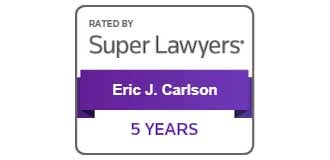Employers have long used their contracts with workers as a way to mitigate the risk of hiring a new employee. Non-compete agreements have been popular contract inclusions for years. They allow businesses to prevent a current employee from directly competing with the organization shortly after leaving their position.
Non-compete agreements typically prohibit both taking a job with another company that competes with a worker’s employer and starting an organization that could directly compete with the employer. With the potential prospect of a ban on non-compete agreements at the federal level and more states discussing such policies every year, organizations may want to look to new tactics to protect against unfair competition. There is a simple adjustment that can offer similar protection to a non-compete agreement.
Businesses can rely on other restrictive covenants
Restrictive covenants are contract terms that prohibit certain conduct in the future. While non-compete agreements may be the restrictive covenant people are most familiar with, it is far from the only option.
Businesses can also add non-disclosure agreements to their employment contracts. Doing so can effectively prevent a worker from sharing information publicly or with competitors that they learned through their employment. Non-disclosure agreements can be a useful way to protect trade secrets and information about company operations that could damage the organization’s reputation with the public.
Employers can also add non-solicitation agreements to their employment contracts. A non-solicitation agreement prevents a worker from using the relationships they cultivated through employment for the benefit of another organization. A non-solicitation agreement could prevent someone from trying to do business with clients, customers or vendors that work with a business. It could also prevent someone from attempting to hire their co-workers.
Discussions about a non-compete ban should not have any bearing on these other two types of restrictive covenants. Businesses may therefore want to consider discontinuing the use of non-compete agreements and using other language in employment contracts instead.
Routinely updating employment contracts and staying apprised of changes in federal employment rules can help organizations avoid unintentional violations of the law that could lead to unenforceable contracts. Including the right provisions in an employment contract is key for the protection of an organization bringing in new talent. The use of restrictive covenants can be a viable means of preventing misconduct when a worker leaves a position at a company.
















